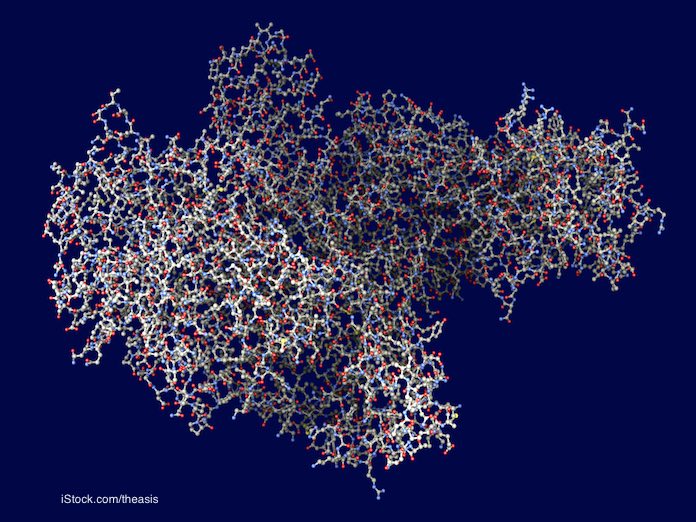According to a post on the Facebook page of Nunavik Regional Board of Health and Social Services, cases of botulism food poisoning associated with igunaq, which is aged walrus meat, have been reported in Inukjuak, Canada. The government was told of suspected cases on March 22, 2021.

The cases are associated with igunaq that was consumed during two feasts that were held on March 18 and March 19, 2021. More than 27 people may have been exposed at those gatherings and afterward from food that may have been eaten at home. There may still be contaminated aged walrus meat in the community. That meat should be destroyed immediately.
Before eating any walrus meat, people should verify where it came from and make sure that it isn’t from the same source as that served and eaten at those feasts. This meat cannot be cleaned or cooked in any way that can make it safe to eat. All sea mammal products should be kept at a temperature below 4°C (39.2°F) at all times as a preventative measure.
A few suspected cases of botulism occur every year in Nunavik. The bacteria that cause botulism food poisoning, Clostridium botulinum, occur naturally in walrus, seal, and sometimes whale. If aged meat from those animals isn’t properly prepared or stored, the bacteria will produce the toxin botulinum that can cause illness and death.
Symptoms of botulism food poisoning include nausea, vomiting, dry mouth, blurred or double vision, voice or speech disorders, difficulty swallowing, facial weakness on both sides of the face, drooping eyelids, difficulty breathing, and paralysis. There is an antidote to this toxin but it must be administered in a hospital setting.
If you ate aged walrus meat at those banquets or at home and have been experiencing any of those symptoms, see a doctor immediately. If you have any leftover igunaq, throw it away in a double sealed package in a secure garbage can.




